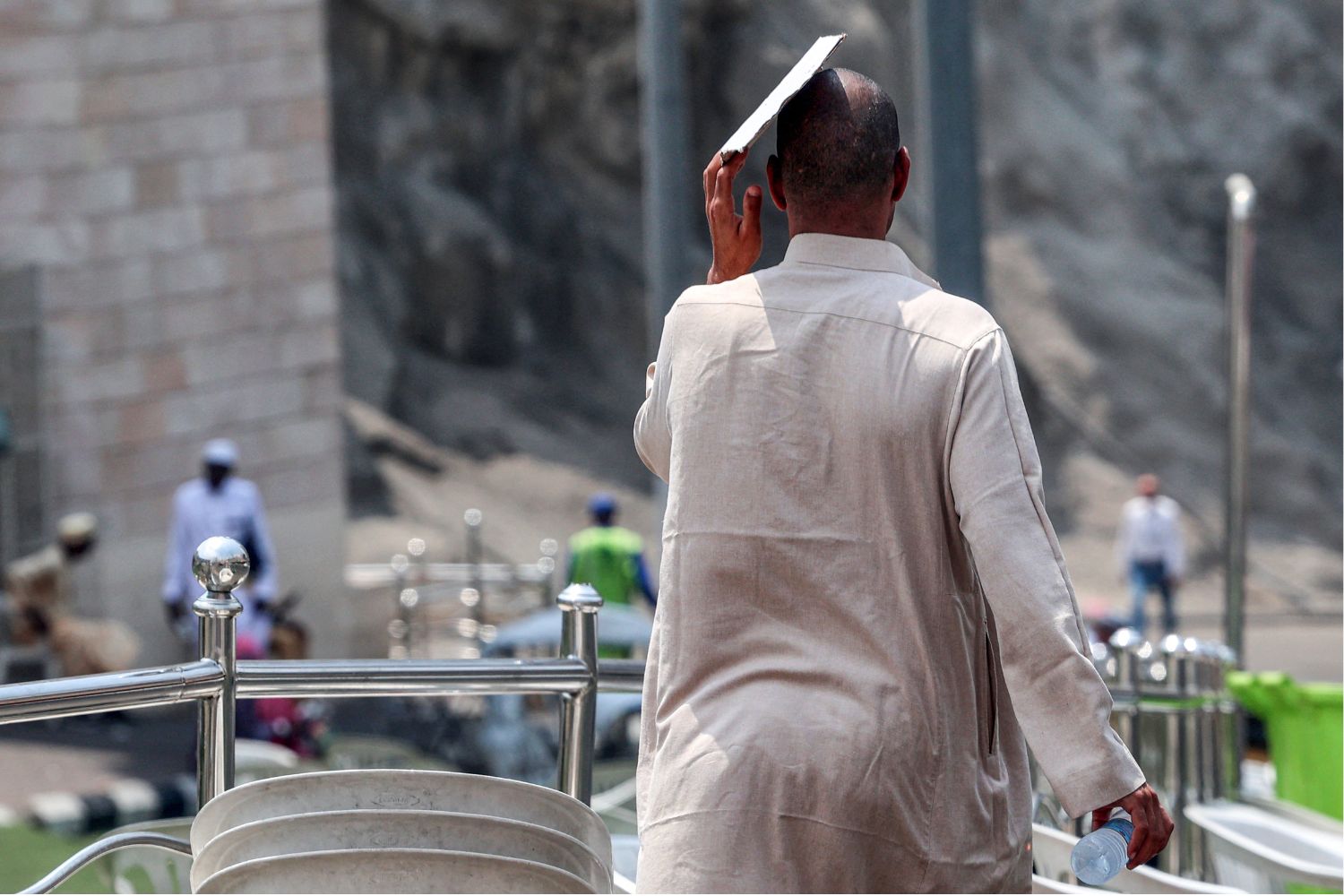Saudi Arabia has raised concerns about tourism companies from other countries who mislead those wanting to attend the annual Hajj. Talal Shalhoub, security spokesperson for the Saudi Interior Ministry, says travellers had been encouraged to break regulations by arriving in Mecca two months ahead of the pilgrimage season for various reasons.
Shalhoub has stressed the importance of the Hajj permit, describing it as more than just a transit pass.
He says it’s a critical tool for managing pilgrim access and pinpointing their locations to ensure they receive necessary care and services. He says those without a Hajj permit often face significant difficulties in accessing essential services and health care during the pilgrimage.
Shalhoub has also revealed a troubling statistic: 83% of the deaths during this year’s Hajj season, or 1,079 out of 1,301 fatalities, were amongst individuals who lacked the required permits. The Hajj was hit by a heatwave in Saudi Arabia this year – blamed for the deaths of 1,300 people. Temperatures along the route from June 16 to 18 reached 47 degrees Celsius at times and exceeded 51.8 C at Mecca’s Great Mosque.
The heat would have been approximately 2.5 C cooler without the influence of human-caused climate change, according to a weather analyses by ClimaMeter. The company conducts rapid assessments of the role of climate change in particular weather events. The scientists used satellite observations from the last four decades to compare weather patterns from 1979 to 2001 and 2001 to 2023.
Although dangerous temperatures have long been recorded in the desert region, they say natural variability does not explain the extent of this month’s heatwave and that climate change has made it more intense. “The deadly heat during this year’s haj is directly linked to fossil fuel burning and has affected the most vulnerable pilgrims,” said Davide Faranda, a scientist at France’s National Centre for Scientific Research who worked on the ClimaMeter analysis.
Climate change has made heatwaves hotter, more frequent and longer lasting. Previous findings by scientists with the World Weather Attribution group suggest that, on average globally, a heatwave is 1.2 C hotter than in preindustrial times.
ALSO READ: Muslim pilgrims conclude Hajj in intense summer heat













